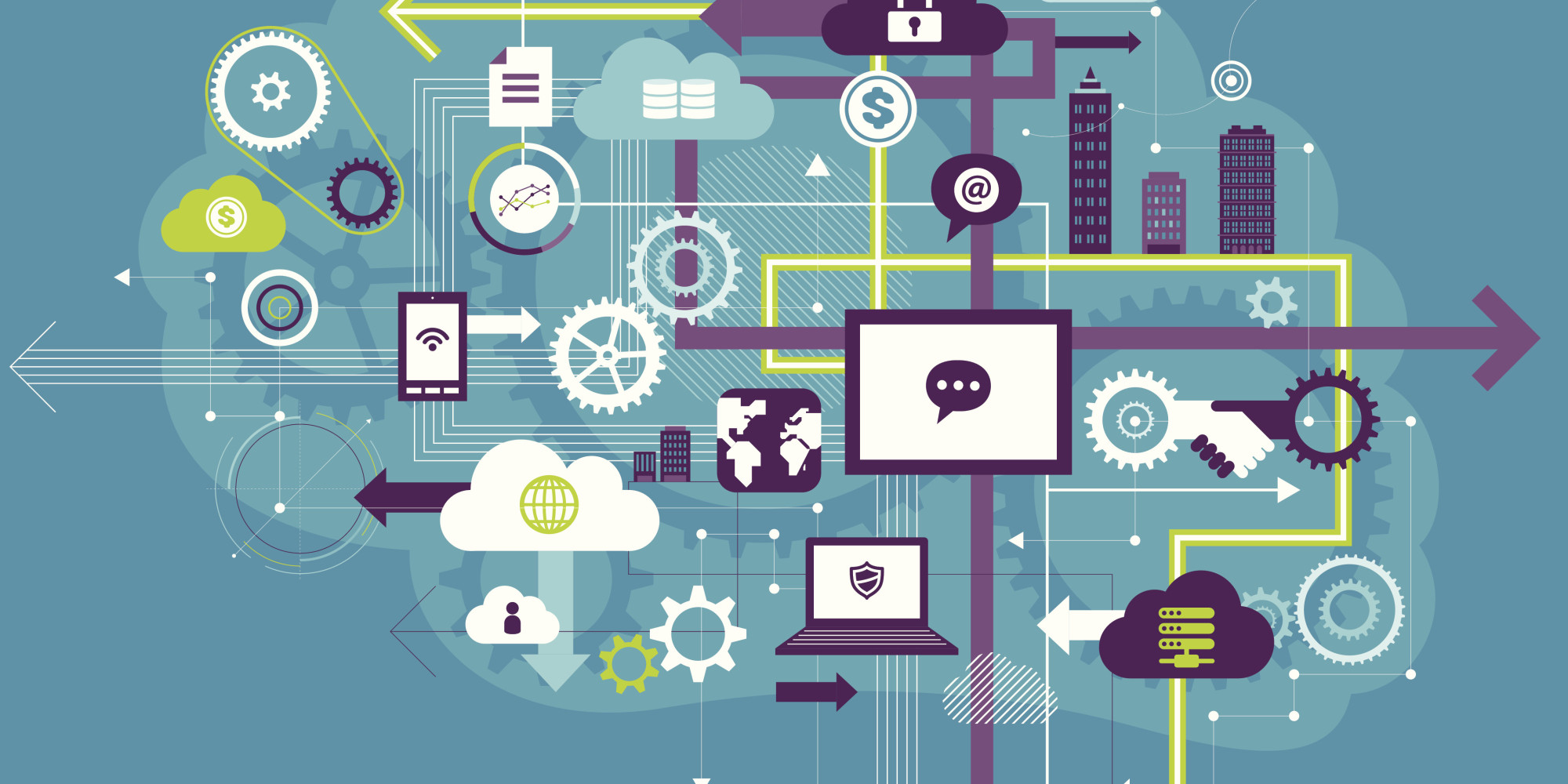posted on Dec 16, 2016 by Dominique Raviart

I recently talked with T-Systems about its digital strategy, and here I take a look at the organization’s Digital Division, and specifically at its Internet of Things (IoT) initiatives.
Digital transformation is a strategic offering for T-Systems’ parent Deutsche Telekom group (DTAG). The company set up its Digital Division in 2015 with the intention of aggregating experience and offerings across its units and subsidiaries in a central place. The aim was also to accelerate the development of its digital activities, outside of the parent group, into a smaller and more flexible unit. Currently, the Digital Division has a wide service portfolio, which includes IoT, cloud computing, and big data, across three verticals: automotive, healthcare, and energy. Digital Division is one of the main business units of T-Systems along with Security Division (1.4k security experts), and the TC and IT Divisions.
IoT is a strategic service offering. This includes a M2M connectivity element, as Deutsche Telekom has a background in M2M SIM cards and services (based on 2G, 3G, and 4G networks). DTAG is currently deploying 5G and is in pilot phase for several clients on narrow band (NB-IoT). In the last 10 years, T-Systems has also successfully developed its service portfolio around connected cars, health, and energy (smart meters and smart grids), building on work for established clients such as German OEMs (e.g. Daimler and BMW) and with SAP (energy). IoT is strategic because it sits at the intersection of two other core offerings for the group: cloud computing (IaaS) and security.
One of the major decisions of the Digital Division was to reconsider its IoT platform strategy. The division redirected its efforts into integrating software products from partners rather than developing its own IoT technology. In 2016, it launched its Multi-Service IoT Service Platform (MISP), which relies on integrating software products from third parties (e.g. Huawei for IoT devices/hardware) and add-ons to partners’ technology (e.g. DTAG’s Cloud of Things offering is an add-on development to an unnamed ISV’s software product). MISP sits on top of DTAG’s M2M Platform with Service Portal (for managing M2M connectivity). Digital Division considers MISP as a core service differentiator and intends to further develop it, mostly horizontally, through additional partners (e.g. Microsoft, Cisco, and Huawei) and through internal point accelerators/developments.
With MISP now a core part of its IoT service offering, Digital Division is considering vertical use cases as add-ons to MISP directly or through third-party partners. An example of this partnership approach for vertical use cases is with California-headquartered roambee, which provides asset tracking and tracing software for the transportation industry. Digital Division is initially reselling the roambee software technology in Europe and, if successful, will port roambee software to MISP, and will include it in its portfolio.
Digital Division is also re-evaluating its portfolio in the light of MISP. It is considering porting several vertical use cases (healthcare, energy, and connected vehicles) to MISP. Digital Division is also re-assessing the commercial model of MISP, which it currently provides as part of its service. Looking ahead, it is deliberating whether to continue in that direction or sell MISP as a service and expand its sales activities to the indirect channel. A decision will be made in 2017.
Digital Division is investing in its M2M and IoT sales workforce and hiring. It is also coordinating with other DTAG units, and in particular with T-System’s Systems Integration and Detecon´s consulting unit, to provide a consultative approach to its IoT offerings, relying on the traditional workshop approach that many competitors follow.
What is different from the competition is Digital Division’s Starter Kits. Here again, the influence of the larger Deutsche Telekom group is apparent, with its focus on packaged offerings. Starter Kits are physical boxes that include standard sensors, a gateway (hardware), SIM cards (connectivity) and access to a cloud-based IoT platform (under its standard package). The Starter Kits exist under two versions: condition monitoring and tracking; and predictive maintenance.
The aim of Starter Kits is to let clients experiment with them and help them mature their use cases, together with Digital Division. Under its standard option, Starter Kits has won many small to mid-sized client organizations in the industrial sector, mostly located in Germany. In summer 2016, Digital Division launched an enhanced version for predictive maintenance, which includes analytics and a more comprehensive customer portal.
So what is the outlook for Digital Division’s IoT service offering? First and foremost, in the short-term, Digital Division is focused on meeting its sales targets, and driving revenues that will help it fund the development of its service portfolio. If successful, Digital Division will make a decision on developing its own delivery unit, rather than depending on different units across the Deutsche Telekom group. Meanwhile, Digital Division will launch new offerings in 2017.
NelsonHall will publish a full vendor profile of the IoT capabilities of Deutsche Telekom as part of its IT Services research program shortly.
